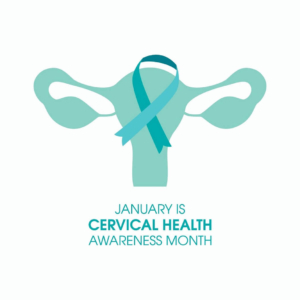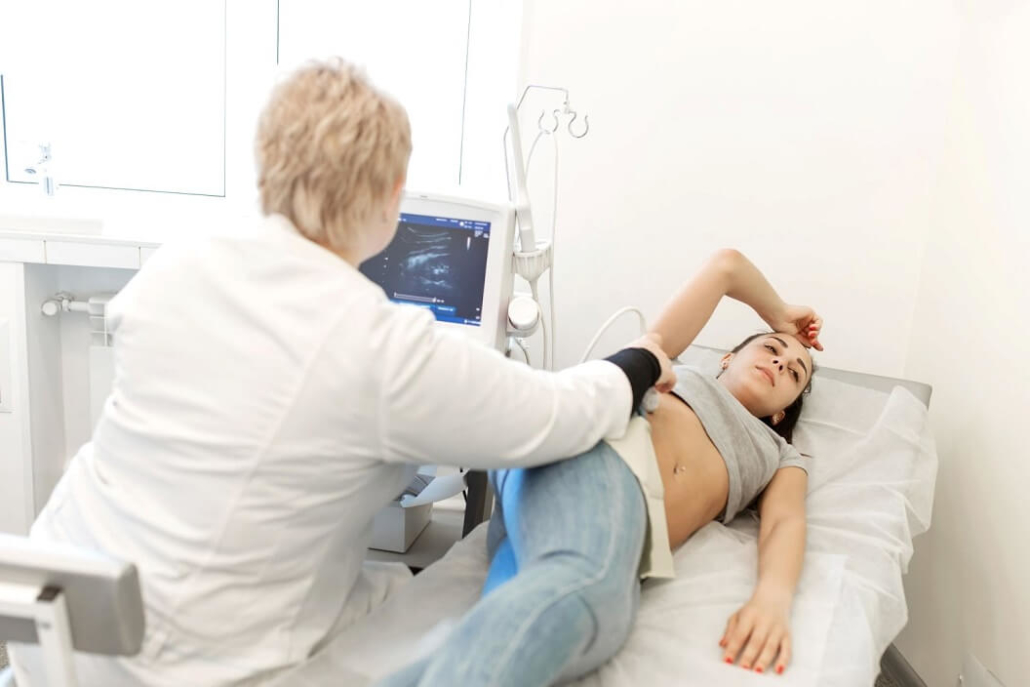Each year more than 110,000 women are diagnosed with some form of gynecologic cancer, and over 30,000 die. September is National Gynecologic Cancer Awareness Month, a time to not only increase awareness of these terrible diseases, but also to support initiatives designed to fund research, and to help those who are suffering.
The National Awareness Month is over, but a push towards womens’ health education is more important than ever. One sad aspect of gynecological cancer that’s often overlooked is that there are women who, due to negligent medical personnel who failed to properly or timely provide a diagnosis, have suffered and even died from these cancers.
If you believe this negligence contributed to your diagnosis, or played a role in you losing a loved one, a Florida medical malpractice lawyer with Lytal, Reiter, Smith, Ivey & Fronrath may be able to help. You can schedule a free case evaluation by contacting us online or calling (561) 655-1990.
Several Types of Gynecologic Cancer
The term “gynecologic cancer” encompasses several forms of cancer that affect a woman’s reproductive organs.
Cervical Cancer
Cervical cancer is a malignant tumor on the cervix. Cervical cancer can be prevented through regular PAP smear screening. There might not be any symptoms of cervical cancer, especially during the early stages, however some symptoms of pain and abnormal bleeding have been reported.

Ovarian Cancer
The most common form of ovarian cancer is epithelial ovarian carcinoma, accounting for approximately 90% of ovarian cancer diagnoses, the others are germ cell cancer, stromal cell cancer, and familial breast-ovarian cancer.
Epithelial cancer, the most fatal of gynecologic cancers, typically forms on the surface of the ovary in the epithelial cells or from the fallopian tube, then they spread to the lining and organs of the pelvis, then to the abdomen and other parts of the body.
Uterine Cancer
Uterine cancer is often referred to as “endometrial cancer” because it affects cells in the lining of the uterus, the endometrium. During a woman’s childbearing years, the endometrium grows every month, providing support to an embryo should she become pregnant. If there is no pregnancy, the woman’s body eliminates the endometrium during menstruation.

The most common sign of uterine cancer is abnormal bleeding, however women who have gone through menopause may experience spotting, or a brownish discharge.
Vaginal Cancer
This form of cancer typically develops in the squamous epithelium, or the vaginal lining. Women between the ages of 50 and 70 are at the highest risk of vaginal cancer, however it can also develop in girls aged 16-18 and is usually associated with HPV (human papillomavirus)–in some instances HPV vaccinations can reduce or eliminate this risk.
Symptoms include watery discharge, difficulty urinating or having bowel movements, a lump in the vagina, and abnormal bleeding.
Vulvar Cancer
Cancer affecting the vulva (the area including the lips of the vagina, the vaginal opening, the clitoris and the vaginal glands) is fairly rare because if it’s detected early, this form of the disease is very curable. Constant itching, skin color changes, burning pain and abnormal bleeding are some of the many symptoms.
4 Ways to Raise Awareness Beyond September
There are several things you can do to help increase awareness of gynecologic cancer and to help boost research efforts. Here are just a few to consider.
1. Education
Take some time to learn more about how these types of cancer can develop, paying close attention to the symptoms. As with all forms of cancer, early detection can often make the difference between life and death.
Encourage your friends and family to do their own research so they know what signs and symptoms to look for so they can take necessary action should symptoms develop.
2. Schedule your well-woman exam, and encourage loved ones to do the same
The importance of early detection can’t be overstated. Schedule a gynecological examination and encourage all women in your life to do the same–it could be the most important thing you ever do.

3. Spread awareness through social media
Don’t hesitate to spread the word through all of your social media feeds. You never know – one of your posts could be the reason someone goes to the doctor for screening.
4. Support treatment research
There are several organizations that help fund research for gynecologic cancer, here are just a few:
- Foundation for Women’s Cancer
- The Diane Crawford Cervical Cancer Research, Education, Outreach Fund
- The New Horizons Gynecologic Cancer Research Fund
- Memorial Sloan Kettering Cancer Center
- The American Association for Cancer Research
Early Detection of Gynecologic Cancers is Important
Early detection provides the best chance of surviving any disease or cancer, including gynecologic cancers. Early detection might allow more treatment options and gives patients a greater chance for the best possible outcome.
Because there might not be any symptoms associated with some types of gynecologic cancer and the symptoms are easily ignored by women, regular pelvic exams, PAP smears, and other screenings are necessary for early detection, especially if family members were diagnosed with gynecologic cancers.
Our Firm Supports All Patients of Gynecologic Cancers
The law firm of Lytal, Reiter, Smith, Ivey & Fronrath proudly supports all the women who have received a gynecologic cancer diagnosis. If you have any reason to believe a doctor’s failure to provide an early diagnosis contributed to the development of your disease, don’t hesitate to contact us to learn more about how we might be able to help.
You can use our online contact form to schedule a free consultation, or you can call (561) 655-1990.






